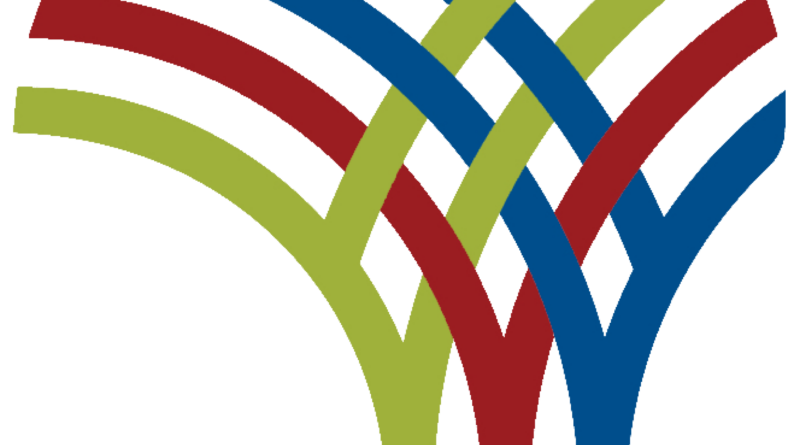Kenya: World Food Prize
World leaders and experts in development, agriculture, economic policy, resource management and nutrition gather in Des Moines, Iowa this week for the annual presentation of the World Food Prize and Norman E. Borlaug International Dialogue, a high-level event focusing on cutting-edge issues in food security and agriculture.
African Development Bank Group President and World Food Prize Laureate Dr. Akinwumi A. Adesina is leading the Bank’s delegation to the “Borlaug Dialogue” conference, where the Bank Group will host four side events exploring trends and successful strategies to boost Africa’s agriculture sector. These events will look at Bank actions helping to Feed Africa.
- By Dr. Martin Fregene, African Development Bank Group Director for Agriculture and Agro-Industries
The African Development Bank Group’s Technologies for African Agricultural Transformation program, or TAAT, often grabs headlines for large-scale impact: delivering climate-smart seed technologies and other inputs to more than 22 million farmers across the continent, producing more than 40 million tons of food, valued at over $18 billion.
Yet it is important to look beyond the big numbers, to recognize individuals who are the continent’s passionate agents of agricultural transformation.
In rural western Kenya, Margaret Awinja has been volunteering with TAAT implementing partner AATF since 2008. The 50-something-year-old farmer and community leader runs the Western Region Farmers’ Network, and is
passionate about introducing vulnerable Kenyans such as widows and persons with disabilities to climate-smart agriculture financed by the Bank’s TAAT program.
“I have the passion for my community. I have the passion for people with disabilities. I have a passion to help. I stand here as an African woman leader, who is also a widow,” Awinja says, estimating that through TAAT and AATF, she has improved livelihoods of more than 10,000 vulnerable farmers.
Awinja targets the rural poor, community outcasts like women who have lost a spouse by death and single mothers, or those with physical disabilities that make it difficult to travel to where agriculture services and inputs are located. Working with the AATF, she facilitates opportunity for these often-ignored constituencies to plant TAAT-financed drought and pest-resistant maize varieties on demonstration plots at no cost. Farmers keep profits from these higher-producing harvests to buy their own hybrid seeds, lease their own farmland, to put food on their tables.
“The idea here is not to give them free seed forever, but to get them a fresh start. We are making them self-reliant,” says Awinja.
In this series of photos, we present Margaret Awinja and members of her community whose lives have been transformed by TAAT. Awinja navigates a number of contextual complexities: respecting farmers’ right to food and access to land on which to grow it; advocating for the adoption of transformative, climate-smart technologies; and preserving knowledge, culture and traditions while debunking myths with agricultural science. As you’ll see and read, outcomes are not always as expected. In collaboration with the AATF, Awinja helps to ensure access to training and innovation aligned with African Development Bank Group President Akinwumi Adesina’s Feed Africa Strategy, as well as our priority areas to Feed Africa and Improve the quality of life for the people of Africa.
As world leaders and experts gather for the Borlaug Dialogue to discuss big picture issues around food security and agriculture, we salute individuals like Margaret Awinja who are making a difference in communities across the continent.

